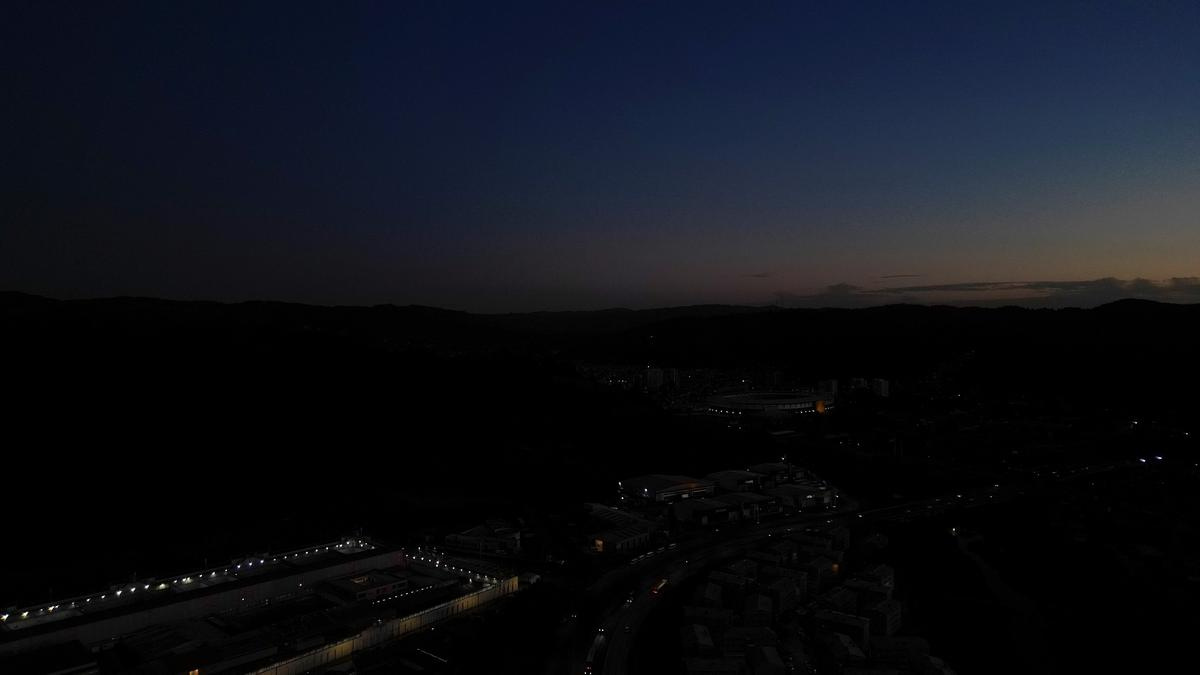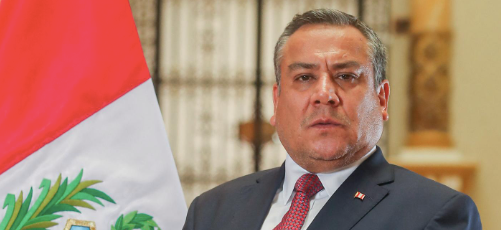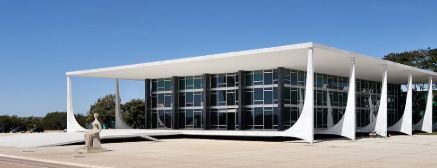
Feb 25, Tuesday, Chile: A massive power outage plunged Chile into darkness, affecting approximately 98% of the population and disrupting daily life across the nation. The blackout, which began at 3:16 PM local time, extended from the northern region of Arica y Parinacota to the southern region of Los Lagos, covering a span of over 3,000 kilometers.
The sudden loss of electricity led to widespread chaos, particularly in the capital city, Santiago. Traffic lights ceased functioning, resulting in numerous traffic accidents and significant congestion. The Santiago Metro system, which serves millions of commuters daily, was halted, leaving passengers stranded and compounding transportation woes. In response to the escalating situation, President Gabriel Boric’s administration declared a state of emergency and imposed a curfew from 10:00 PM to 6:00 AM to maintain public order. Approximately 3,000 military personnel were deployed nationwide to assist in security efforts.
Cause
Preliminary investigations by the Coordinador Eléctrico Nacional (CEN) indicated that the outage resulted from a failure in a 500 kV transmission line in the northern part of the country. This failure triggered a cascade of shutdowns in other lines, culminating in the extensive blackout. Interior Minister Carolina Tohá emphasized that there was no evidence to suggest sabotage or a cyberattack, describing the incident as an “extraordinary event” and “an atypical system failure.”
Economic and Social Repercussions
Chile, as the world’s leading copper producer, saw its mining sector significantly impacted. Major mines, including Escondida—the largest copper mine globally—and several operated by state-owned Codelco, experienced operational disruptions due to the power loss. Some mines resorted to backup generators to maintain partial operations. The blackout’s effect on copper production led to a 4.5% surge in copper prices on international markets.
The outage also disrupted the renowned Festival Internacional de la Canción in Viña del Mar. The third night’s events were suspended just an hour before commencement, disappointing attendees who had gathered to see performances by artists such as Morat and Sebastián Yatra. Organizers announced that the postponed performances would be rescheduled for March 1.
Restoration Efforts
Efforts to restore power commenced promptly. By 10:00 PM, approximately 25% of the electrical grid’s demand had been reinstated, primarily through the activation of hydroelectric plants. Authorities aimed for full restoration by the following morning. Residents in areas where power was restored expressed relief, with spontaneous celebrations reported in some neighborhoods.
Official Statements and Future Measures
In a late-night address, President Boric expressed indignation over the incident, stating, “What happened today is outrageous because it’s not tolerable that one or several companies impact the everyday life of millions of Chileans.” He pledged a thorough investigation to hold responsible parties accountable and to prevent future occurrences. The government has initiated an inquiry into the infrastructure managed by energy company ISA Interchile, which oversees the implicated transmission line.
This event marks Chile’s most extensive blackout in 15 years, highlighting vulnerabilities in the nation’s electrical infrastructure. As the country recovers, discussions are expected to focus on enhancing the resilience and reliability of the power grid to safeguard against similar incidents in the future.
Get more News Headlines On Our Social Platforms And Do Follow.




